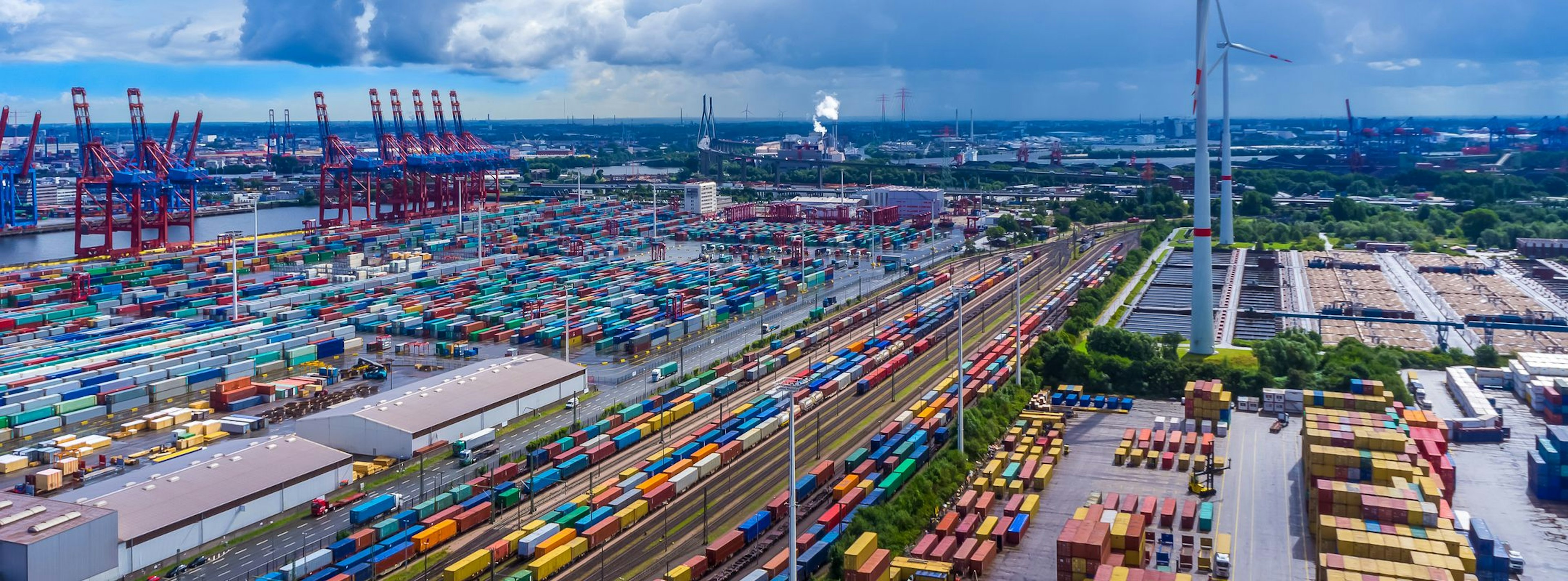How to ensure due diligence policies actually tackle deforestation
20 Mar 2024
10 min read
Human rights and environmental due diligence can clean-up specific commodity supply chains, but to ensure that products linked to deforestation are not redirected elsewhere, governments need to build synergies with other policies for sustainable land use.

TIM SIEGERT/ISTOCK.COM